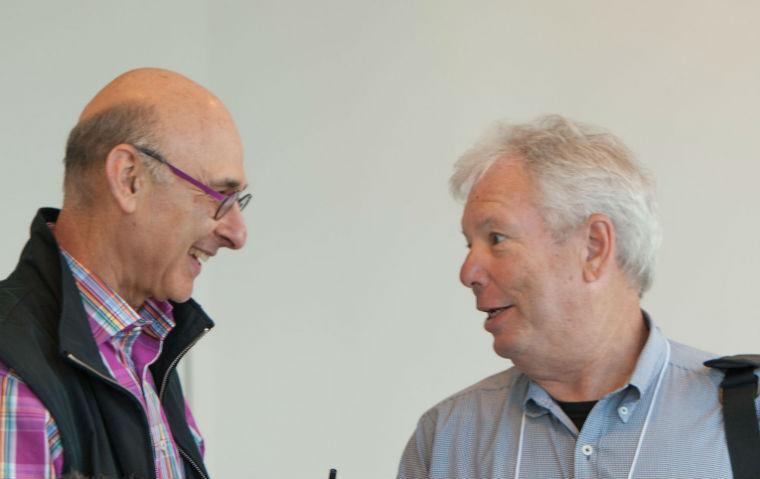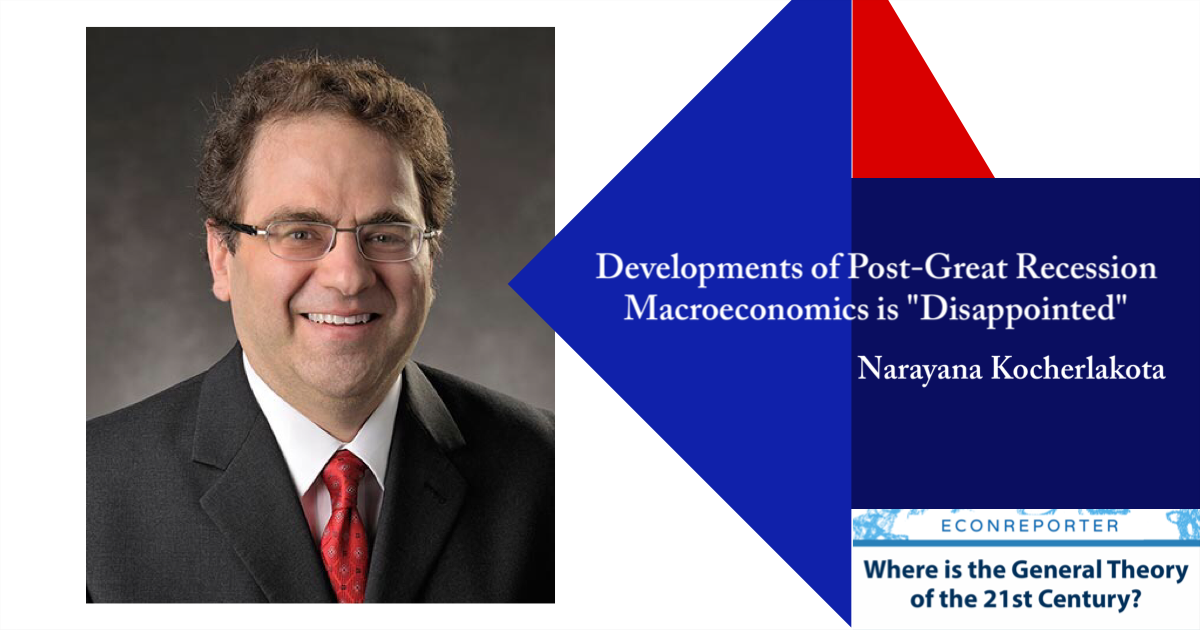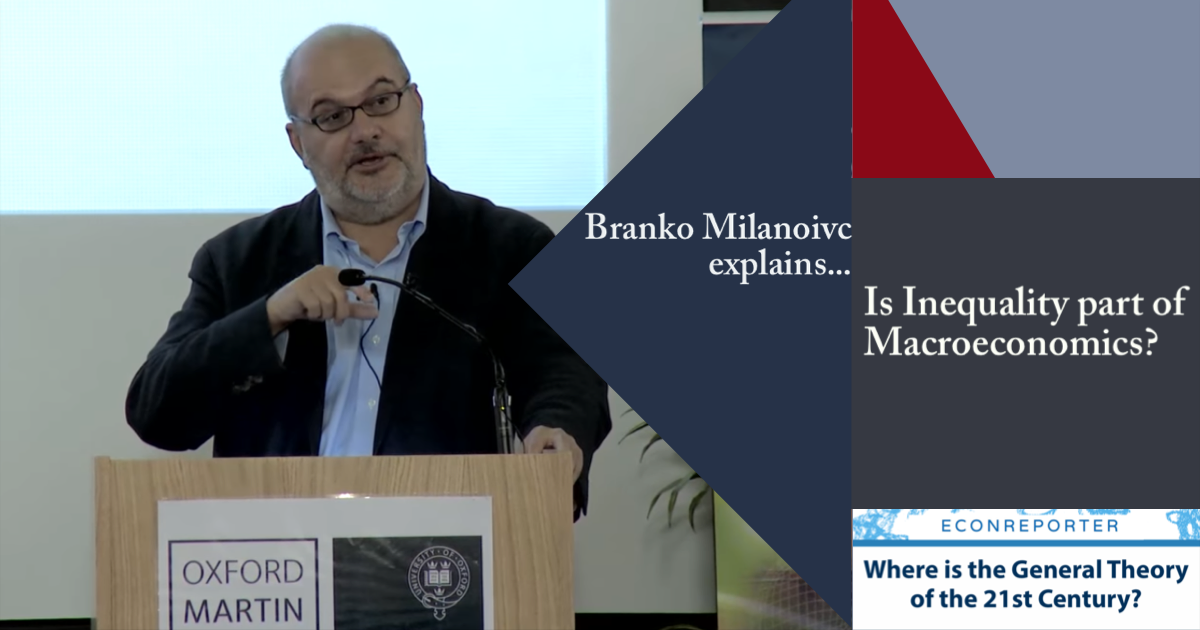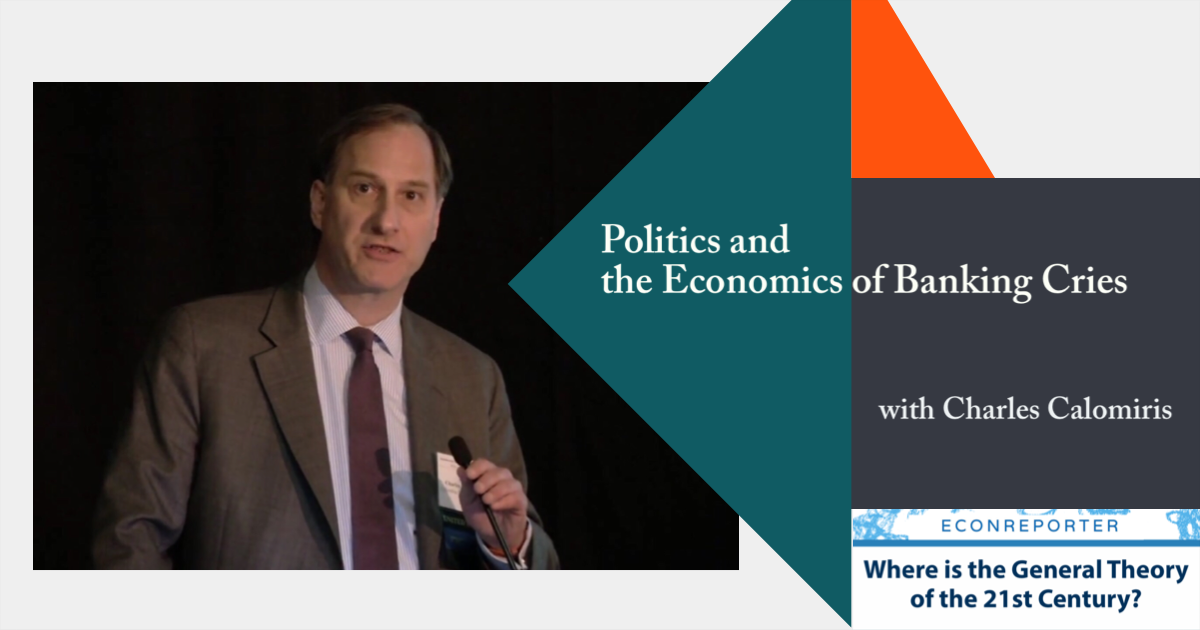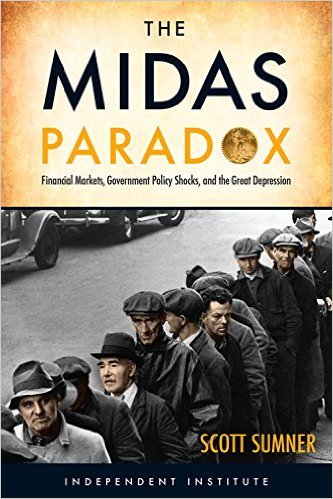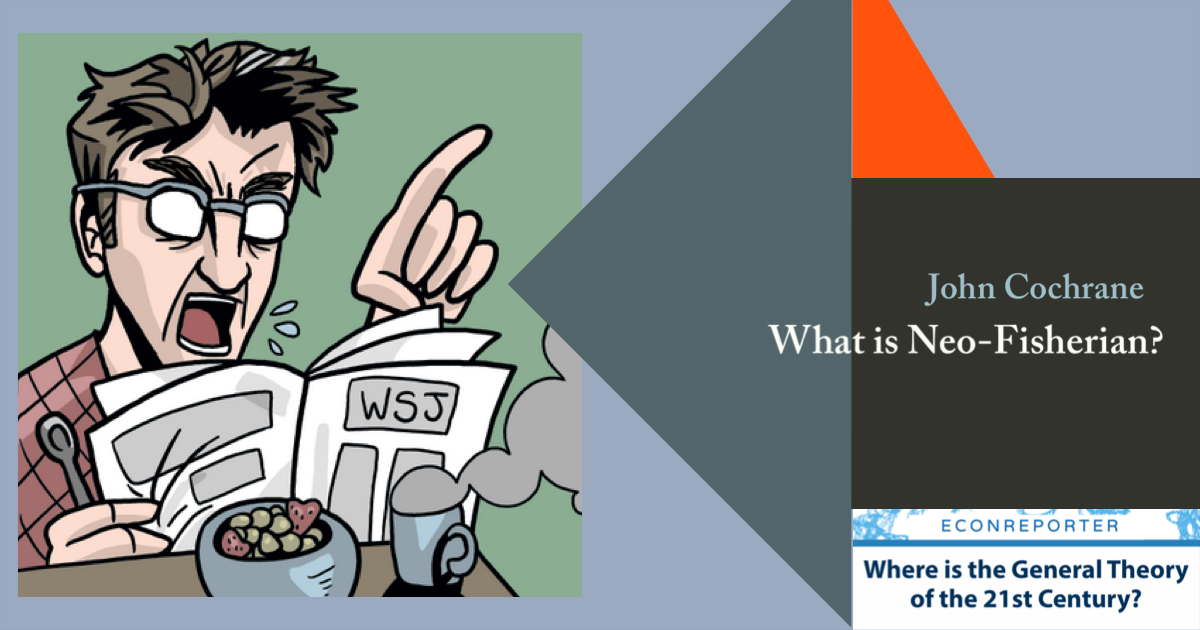This weekend is a big one for behavioral economics. This morning, Richard Thaler, laureate of The Sveriges Riksbank Prize in Economic Sciences in Memory of Alfred Nobel 2017, has presented his prize lecture “From Cashews to Nudges: The Evolution of Behavioral Economics” in The Royal Swedish Academy of Sciences.
And this Sunday will be the Nobel Prize Award Ceremony, Prof. Thaler will finally receive his well-deserved Nobel prize.
Thanks to everyone who came and many thanks for the very warm welcome at the end. Truly touched. https://t.co/aXMax86gDS
— Richard H Thaler (@R_Thaler) December 8, 2017
To celebrate this occasion, I am honored to share with you my interview with two of the best co-authors of Prof. Thaler — Hersh Shefrin and Shlomo Benartzi.
Q2
This is a question for Prof. Shefrin. As Thaler wrote in his autobiography “Misbehaving“, you are “the first of many coauthors I have (he has) work with over the years,” and one of your best qualification is that “you don’t think he is crazy.”
Why, back in the 70s or 80s, you didn’t think he or his ideas as “crazy,” just like many other scholars did? Do you think there is any particular reason that keeps the two of you working alongside each other for so many years?
Shefrin: I was like-minded, and before I even knew that Thaler was working on models that weakened key neoclassical assumptions, and thinking about the contrast between neoclassical rationality and failures in self-control. So when we discovered our shared perspectives, I was receptive to the specific insights he had about how people really behave. As for our collaboration over time, there was a strong synergy. Thaler is an empirical economist, and has incredible intuition. I am an economic theorist, and had a strong interest in building formal models that incorporate key psychological elements, elements which were totally absent in mainstream models.


